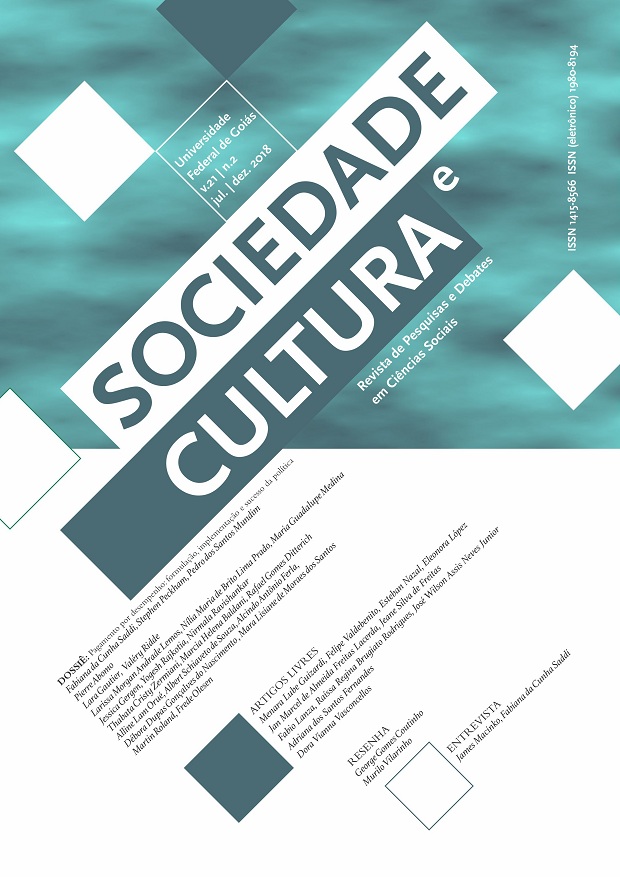Presentation: pay for performance, formulation, implementation and policy success: in low, middle and high income countries
DOI:
https://doi.org/10.5216/sec.v21i2.56304Palavras-chave:
pagamento por desempenho, políticas públicas, sistemas de saúdeResumo
Low and middle income countries (LMICs), as well as high income countries (HICs), with different politicaleconomic contexts, varying dependence on external financing, as well as in differentiated stages of development of primary health care (PHC), have adopted payment for performance or performance-based financing programs (P4P/PBF). Addressing the reality of different health systems and contexts, in LMICs and HICs, the rationalbased
assumptions supporting the design of P4P/PBF programmes have been theoretically questioned by more realistic political, organizational and motivational assumptions. Empirically, they have been challenged by alternative logics and processes arising from comparatively distinctive implementation and (re)formulation processes, diverse unexpected effects/evidence and a recognition
of the need to consider adaptations and long-term (sustainable) impacts on health systems. Consequently, P4P/PBF programs have been subject to social sciences, public policy, health policy and health systems research. These analyses have the potential to significantly enrich the debate and knowledge on the operation and impact of P4P/PBF programs and how they could be more effectively designed to support health system performance and strengthening, producing effective/real-world or long-term improvements.
Downloads
Downloads
Publicado
Como Citar
Edição
Seção
Licença
Autores/as que publicam nesta revista concordam com os seguintes termos:
- Autores/as mantêm os direitos autorais e concedem à revista o direito de primeira publicação, sendo o trabalho simultaneamente licenciado sob a Creative Commons Attribution License, o que permite o compartilhamento do trabalho com reconhecimento de autoria e da publicação inicial nesta revista.
- Autores/as têm autorização para assumir contratos adicionais separadamente, para distribuição não exclusiva da versão do trabalho publicada nesta revista (ex.: publicar em repositório institucional ou como capítulo de livro), com reconhecimento de autoria e da publicação inicial nesta revista.
- Autores/as têm permissão e são estimulados/as a publicar e a distribuir seu trabalho online (ex.: em repositórios institucionais ou na sua página pessoal) a qualquer ponto antes ou durante o processo editorial, já que isso pode gerar alterações produtivas, bem como aumentar o impacto e a citação do trabalho publicado (veja O Efeito do Acesso Livre).


 Esta revista está licenciada sob a licença
Esta revista está licenciada sob a licença 
